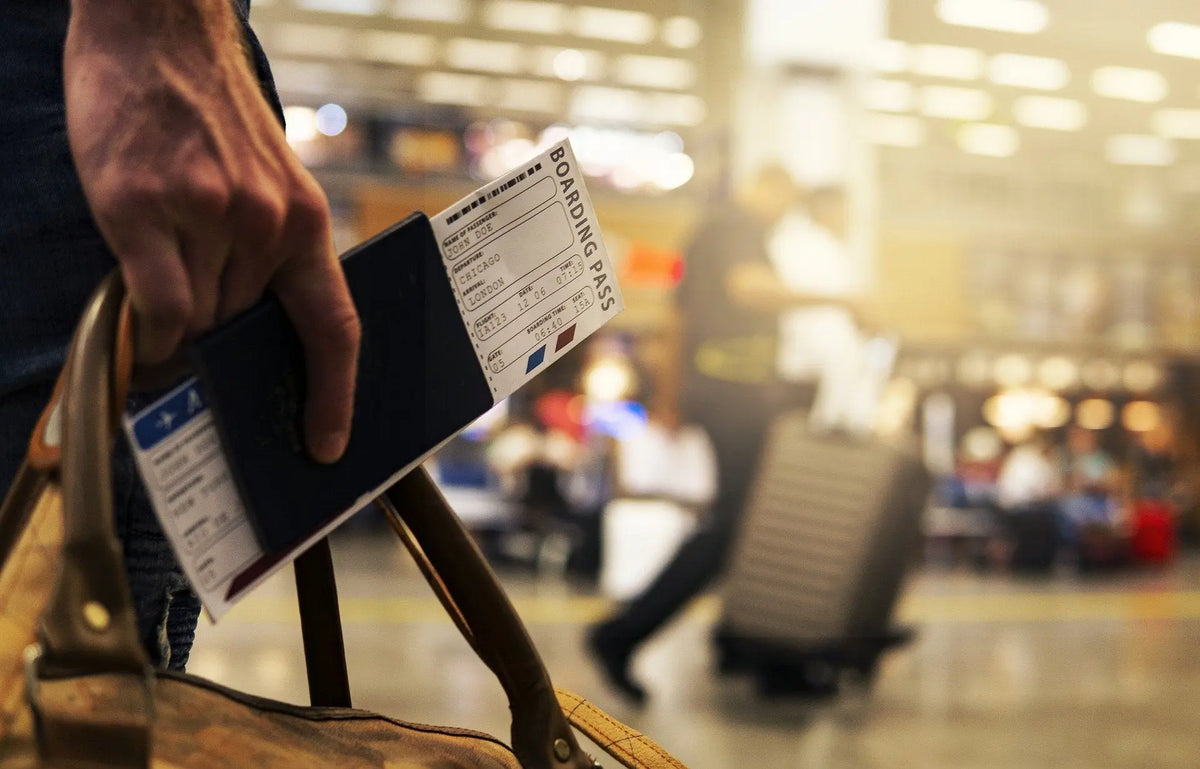
Jet Lag Tips: How to Minimise Disruption & Enjoy Your Travel
|
Time to read 2 min
This store requires javascript to be enabled for some features to work correctly.
Written by: Bethany Gemmell
|
Time to read 2 min
Jet lag can massively disrupt your sleep schedule for several days or even weeks. Adjusting to a new time zone makes you feel tired during the day and make it more difficult to fall asleep at night. When you're travelling, this is not the ideal mood to be in and make the most of your trip.
That lag feeling is difficult to avoid altogether, especially when travelling to vastly different time zones. What you can do, however, is prepare yourself beforehand. This will put you in the best mood for your trip.
Jet lag is when your typical sleep cycle is disrupted by travelling, typically by air, often going across multiple time zones. This causes sufferers to feel tired, irritable, disoriented, or unable to sleep. Symptoms tend to worsen for those travelling eastward.
It is a circadian rhythm disorder, meaning your internal body clock that controls your sleep for the day is affected. Disruption can change your ability to eat or concentrate on tasks, as well as causing tiredness and sleep deprivation.
The best thing you can do is ensure you're as well-rested and feeling healthy as possible before you fly. Make sure you're getting a full night's quality sleep in the days before. Don't assume you can sleep on the plane, as this can be uncomfortable. Make sure you've had plenty to eat and are fully hydrated, drinking approximately 2 litres of water per day.
In the days before you travel, you can adjust your bedtime a little every day so it doesn't disrupt your current sleep. If you're going to a later time zone, for example, you should try going to bed an hour later a few days before you go.
You can use light to adjust to your upcoming time zone. If you're going west and going to a later timezone, light exposure in the evening can help you stay up later. Extra morning light going eastwards has a similar effect. If you're travelling across more than eight time zones, there are extra steps. Your body may confuse morning light for evening light and vice versa. Ensure you're blocking out exposure to the opposing light to ensure you sleep better that night.
When you arrive, the temptation may be to rest and get plenty of sleep. However, getting some light exercise can help you restore your natural sleep cycle. Try not to overdo it on the caffeine, even if you feel tired. Don't eat a big meal too close, as indigestion can worsen inability to sleep.
Feeling extra tired can call for a nap. Napping, when you have problems sleeping, can be a gamble when it comes to your sleep cycle. You may end up being unable to sleep at night if you take one. See our guide to naps before you decided whether or not to have a quick snooze.
Receive 10% off your first order when you subscribe to our newsletter



